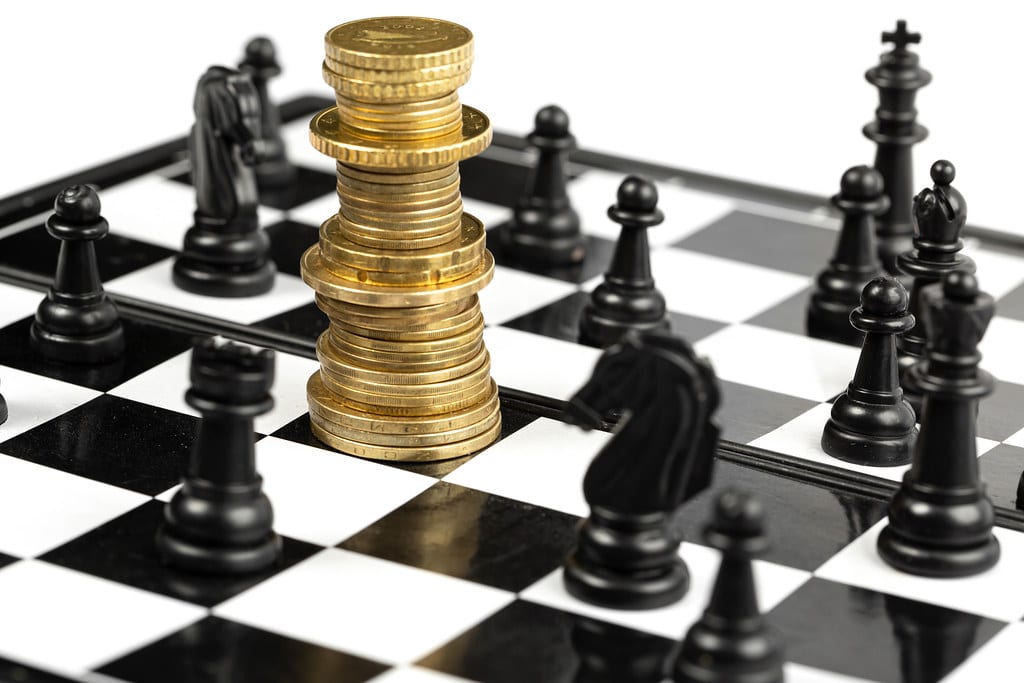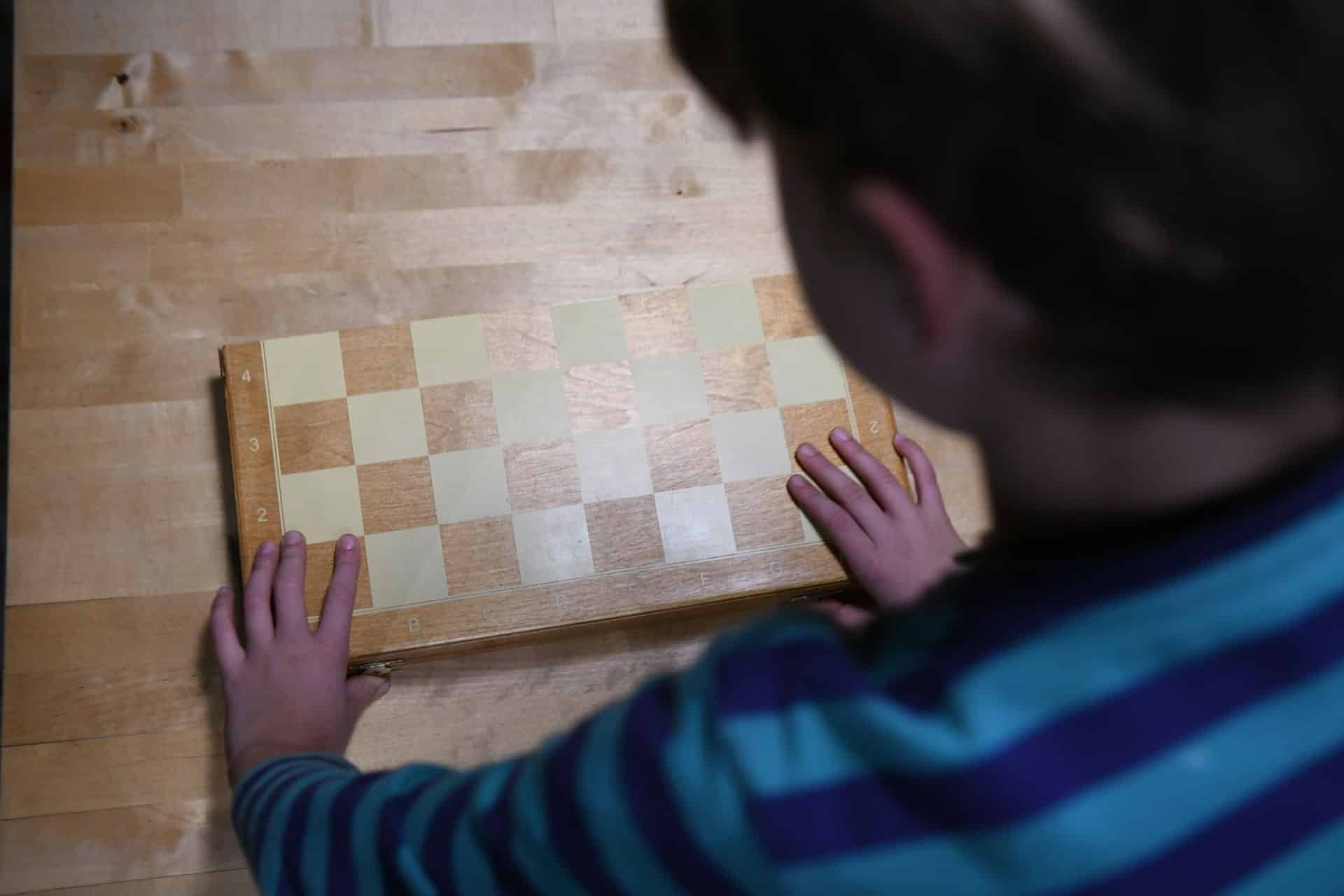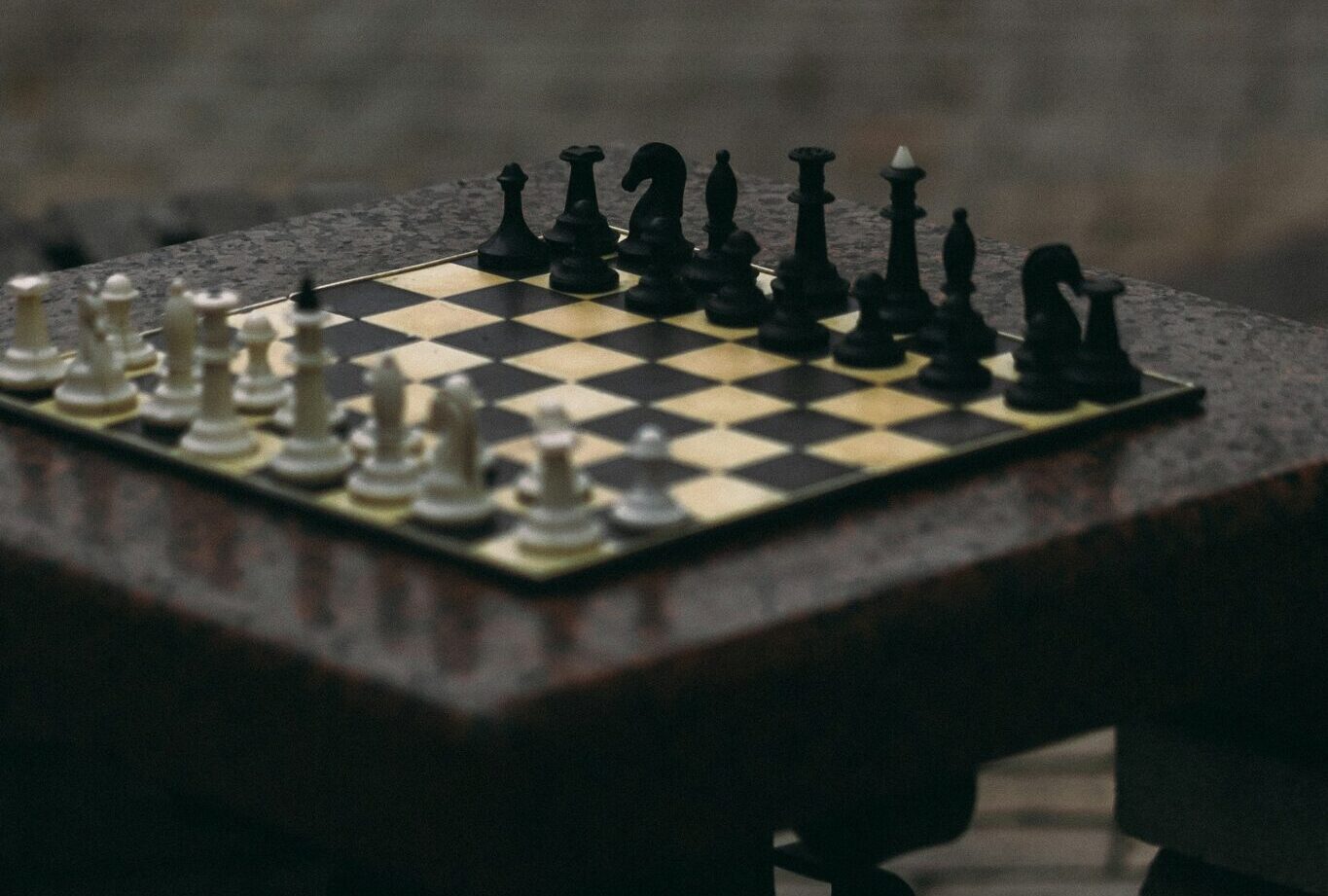Chess is one of the most popular board games in the world. It has a long and rich history, stretching back to India in the 6th century. It has been played by millions of people, from casual gamers to professional players. This article will explore the origins of chess and its evolution over the centuries.
- History of chess in India
- The spread of chess to Europe
- Development of modern chess rules
Table of Contents
History of chess
The earliest evidence of chess comes from the Gupta Empire in India, sometime in the 6th century. In this period, the game was known as chaturanga, and was played on an 8×8 board with different pieces representing different military units. It soon spread to Persia, where it was known as shatranj. This version of the game had some differences from chaturanga, such as the addition of the queen piece.
Chess is one of the oldest and most iconic games in the world. It is believed to have originated in India in the 6th century, and by the 10th century had spread to the rest of the world. The game of chess has been a source of inspiration for countless books, films, and artworks throughout its history.
The game's rules have evolved over time and it is now played in almost every country in the world. Players have developed various strategies and tactics to gain an advantage over their opponents. In modern times, computers have even been used to study and play the game. Chess has been an important part of many cultures and has served as an inspiration for works of art, literature, and film.
The first written in history of chess mention of chess was in a Persian poem from the 6th century. Since then, chess has evolved and changed in many ways.
In the 15th century, chess pieces began to be made out of ivory and wood, and the rules of the game were codified. In the 19th century, chess clubs and tournaments began to appear in Europe and North America.
By the 20th century, chess had become an international sport, with world championships and grandmaster titles. The game has also been adopted by the computer age, with several computer programs developed to play chess.
History of chess has had a profound impact on society and culture throughout its history. It has been used as a tool to teach strategy, math, and problem-solving skills. It has also been used to explore themes of morality, politics, and religion. Chess has been a source of inspiration for artwork, literature, film, and music. It has also been featured in video games, television shows, and popular culture. In the 21st century, chess continues to be a popular game, with millions of players around the world.
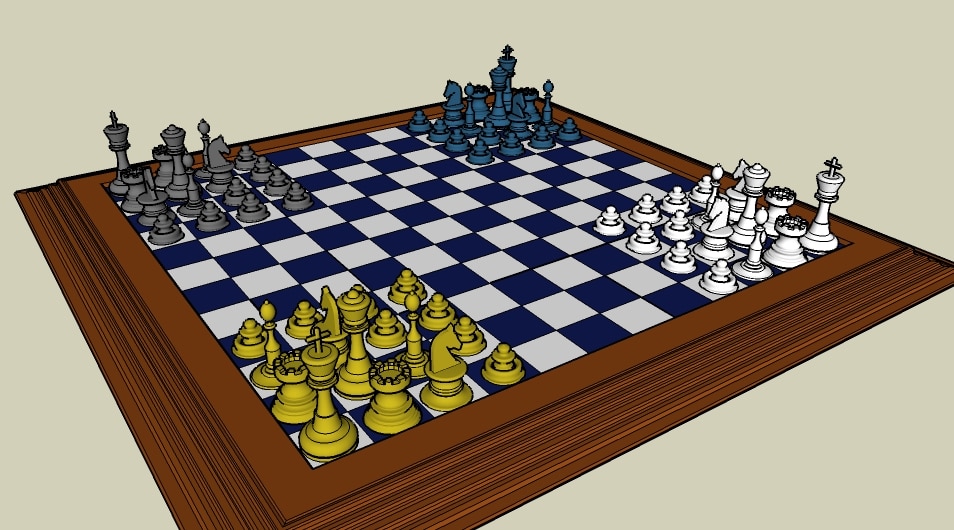
Who first invented chess? History of chess
The History of chess says is a game of chess is believed to have originated in India during the Gupta empire, sometime before the 7th century. It is a two-player strategy board game that is played on a checkered board with 64 squares arranged in an 8×8 grid. The game is played by millions of people worldwide.
The exact origins of chess are uncertain and there are several conflicting theories. It is thought to have evolved from earlier chess-like games played in India as early as the 3rd century BC. The game of modern chess as we know it today likely originated in northern India during the Gupta empire.
History of chess spread to Persia, and then to the Islamic world after the Islamic conquest of Persia. It was then introduced to southern Europe through the Muslim conquest of the Iberian Peninsula in the 10th century. From there, it spread to the rest of Europe and Russia.
The earliest evidence of chess being played in Europe is found in a 10th-century manuscript from Switzerland. The oldest surviving chess set dates back to the 10th century in what is now modern-day Afghanistan. Over time, the rules of the game changed and evolved, leading to the modern game of chess.
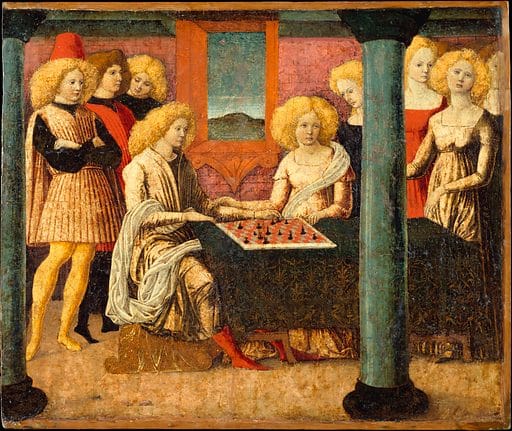
Who invented the game chess and why? History of chess
Chess is thought to have originated in ancient India, sometime before the 7th century. It is believed that chess developed from earlier games such as Chaturanga. Chaturanga was an Indian army game where two armies, consisting of infantry, cavalry, elephants, and chariots, were pitted against each other.
The game of chess gained popularity throughout India and Persia. The game was then spread to the Byzantine Empire and eventually to the Islamic world by the 8th century. Arab traders and travelers brought it to Europe during the Middle Ages.
The game of chess became a part of European culture by the 10th century. Although the rules of the game have changed over the centuries, the basic pieces, rules, and strategies remain the same. It was during the 15th century that the game of chess became a popular pastime among the nobility and wealthy.
Today, chess remains popular throughout the world and is a staple in many cultures. It is enjoyed by people of all ages and skill levels. Chess is also a source of entertainment, education, and competition. It is a game that can bring people together and facilitate the exchange of ideas.
How did chess gets its name? History of chess
Chess is one of the oldest games in the world, and its origin can be traced back to 6th century India. The game has evolved since then, but its name has remained the same. Chess is believed to have derived its name from the Persian word “shah,” which translates to “king.” The game was also known as “Chaturanga” in Sanskrit and the term is believed to have come from the name of an ancient Indian military formation.
The game eventually spread to Persia and Europe and over time its name changed to “catura” and “shatranj” in Persian and Arabic, respectively. By the 15th century, Europe had adopted the name “chess,” and it has been known by this name ever since. The English word “checkmate” is derived from the Persian phrase “shah mat,” which literally means “the king is dead.”
The rules of the game have undergone several changes over the centuries, but the name has remained the same. Despite its long history, chess has endured as one of the most popular board games in the world. It is a game of strategy, skill, and luck that has been enjoyed by millions of people for centuries.
Who invented chess and where?
The game of chess is believed to have originated in India during the Gupta Empire, some time before the 7th century AD. It is a two-player strategy game in which the objective is to checkmate the opponent's king. The inventor of chess is unknown, but some historians believe it was invented by a man named Sissa. It is a game of intense strategic calculation and has been played for centuries in various forms by people of different cultures.
Chess is popular all over the world and is played in tournaments, online, and in clubs. Its rules and strategies are taught in schools and universities. It has been mentioned in literature, art, and music, and has been the subject of films and television programs.
Today, chess is a sport governed by the World Chess Federation, which organizes the World Chess Championship. The game has multiple variations, including speed chess and chess variants such as chess960 and bughouse.
The history of chess is truly fascinating! It has been around for centuries, evolving over time and inspiring generations of people to come. It's no surprise that it is still highly popular today.
Chess has an incredible legacy of strategic thinking, inspiring generations of players to become better thinkers and strategists. It is a game of skill, strategy, and tactics, but it can also be a game of luck and chance.
The game of chess is timeless and will continue to be a challenge and an inspiration for generations to come. It is a game that can bring people together and provide an outlet for creative expression.
If you liked this about History of chess post you should read chess titans online.

